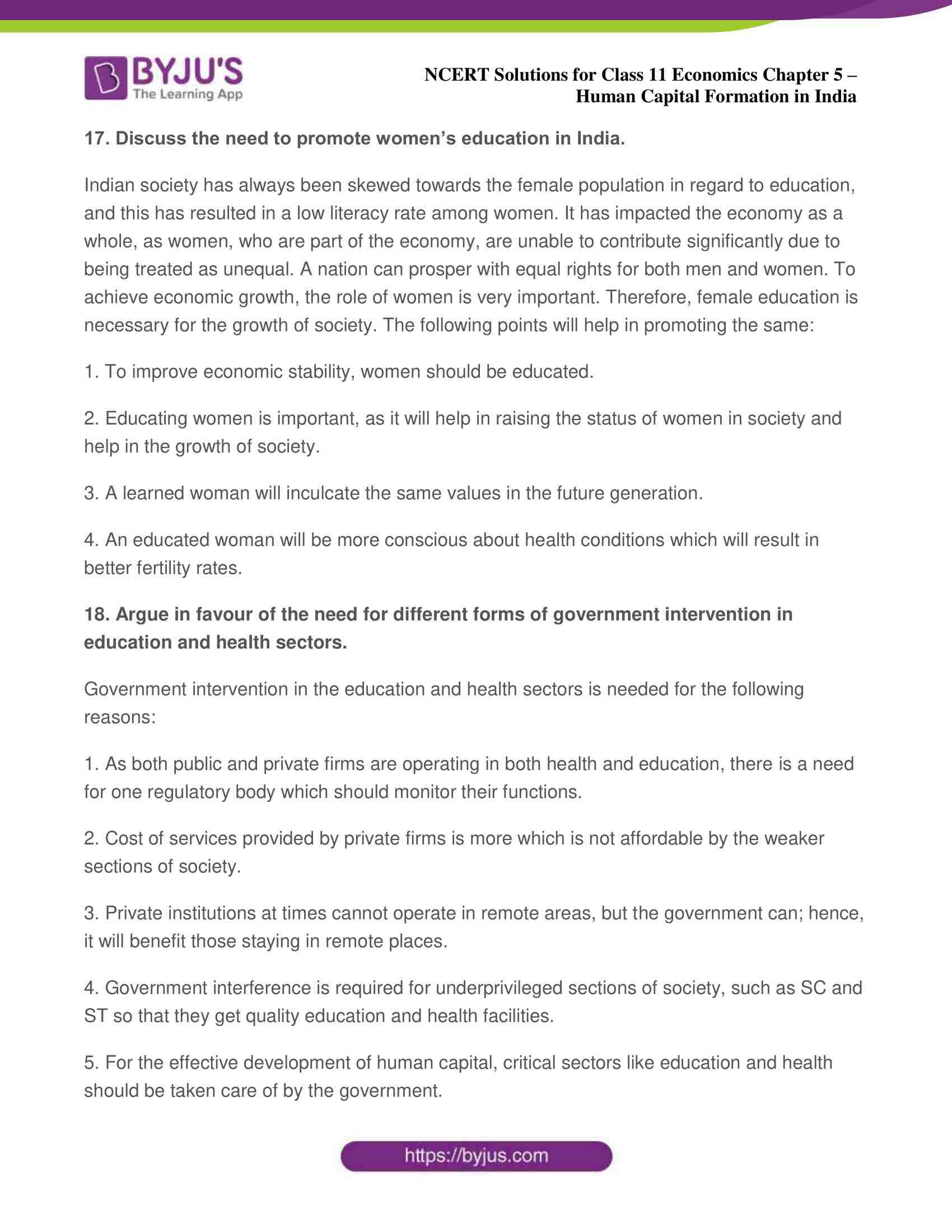
Menstrual health frequently ranks among the most neglected aspects of adolescent care, particularly affecting teenagers living in poverty. For these youth, menstruation encompasses far more than just physical unease; it often leads to absences from school, unrelieved pain, and the tough choice between essential needs and menstrual supplies.
Period poverty represents a quiet crisis influencing both wealthy and impoverished nations. In the United States, approximately 20% of teens report missing school because they cannot afford menstrual products. The global outlook is similarly dire. As per UNESCO, one in ten girls in specific African areas misses school during their menstrual cycle, and these lost days accumulate over time, impacting education outcomes, self-esteem, and future chances.
The problem extends beyond simply accessing menstrual products. Many educational systems fall short on providing menstrual health education. Discomfort from conditions like dysmenorrhea is often brushed aside, leaving many young individuals ill-prepared to identify symptoms of more serious issues.
Discussions around menstrual health extend beyond hygiene to encompass education, enabling youngsters to comprehend their own bodies. In many educational settings, minimal attention is given to menstruation, if any. Adolescents are compelled to navigate their menstrual cycles amidst misinformation, cultural stigmas, and social media influence. As a result, chronic conditions, such as endometriosis and PCOS, often remain undiagnosed for extended periods. Young individuals may be misled into thinking that severe pain is typical, that heavy bleeding is just bad luck, and that they are merely overreacting.
These delays in diagnosis can be harmful, particularly for those raised in poverty, where such issues often appear unavoidable. With inconsistent access to healthcare, education, or a dependable system, their pain is regularly disregarded and experienced most intensely. Young women of color encounter further obstacles; research shows that pain in Black and Brown patients is frequently underestimated or improperly addressed by medical professionals, intensifying diagnostic delays and health inequalities.
Menstrual health constitutes a public health concern that affects aspects such as school attendance, academic achievement, mental health, and future healthcare access. It should not be dismissed as an afterthought.
To tackle these issues, specific actions are required:
– Supply free menstrual products in every school.
– Deliver clear and detailed education regarding menstruation, pain, and reproductive health.
– Ensure that clinical training prepares healthcare providers to take any health concerns raised by young individuals seriously.
– Encourage a cultural shift that replaces stigma with factual information and silence with open, supportive dialogue.
All adolescents deserve respect during their menstruation, which encompasses more than just providing sanitary products; it includes policies, education, and compassion.
It is essential to prioritize menstrual health and center it in our conversations and initiatives.